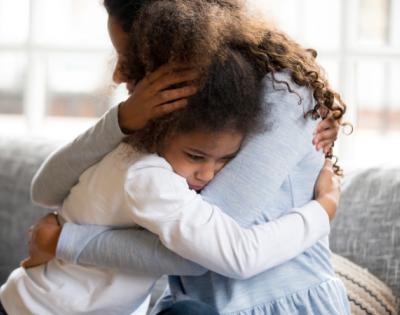
What is Anxiety?
Anxiety is defined as a feeling of worry, nervousness, or unease about something that is either anticipated in the future or has already occurred. It's important to understand that anxiety can manifest in children in various ways, often making them more irritable and prone to anger. Statistics show that 1 in 8 children is affected by anxiety. There are several types of anxiety disorders, but the three most commonly found in children are:
- Separation Anxiety
- Generalized Anxiety
- Social Anxiety
How Can Therapy Help a Child Who Has Anxiety?
Therapy is a powerful tool for assisting children who grapple with anxiety and their families. It allows them to collaborate with a therapist to create a personalized therapy plan. Behavioral therapy and Cognitive-behavioral therapy (CBT) are two effective methods for addressing anxiety in children. In the case of younger children, it is often recommended for family members to participate in the therapy process as well.
Behavioral therapy focuses on working with the child and their family. It plays a critical role in educating both children and families on how to strengthen positive behaviors in the child while reducing or eliminating unwanted or problematic behaviors.
Cognitive-behavioral therapy (CBT) is centered around the idea of modifying the negative thoughts and emotions that adversely impact a child's behavior. CBT works directly with the child to help them become more aware of their thoughts and feelings, which is an essential step in addressing anxiety.
Seeking therapy is a crucial step in recognizing and treating anxiety in children. The earlier the signs of anxiety are noticed, the better the chances of reducing issues at home and in school. Finally, a skilled therapist will collaborate with the child and their family to ensure that they receive the most suitable therapy tools and strategies for their unique situation.